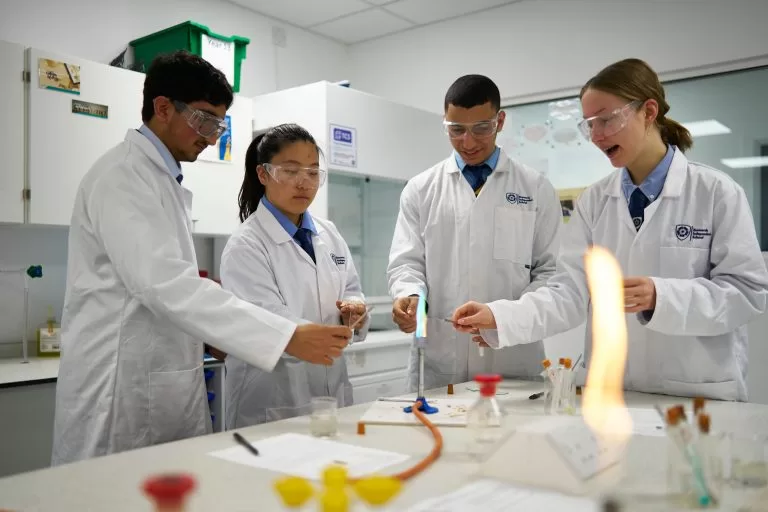If you want to study medicine in the UK and you’re from another country, here’s what you need to know:
- Look into what each school needs from you, like your grades and English test scores.
- You’ll probably use something called UCAS to apply.
- Some schools have special programs if you don’t meet all their requirements right away.
- Money is important – think about how much everything will cost and if there are any scholarships available.
- You’ll need a special visa to study in the UK.
- Apply early because deadlines are usually early.
- Some popular schools for international students are Oxford, Cambridge, Imperial College London, UCL, and the University of Edinburgh.
- Check each school’s website for details, and you can always ask questions if you need help!
What are the entry requirements for medical school in the UK?
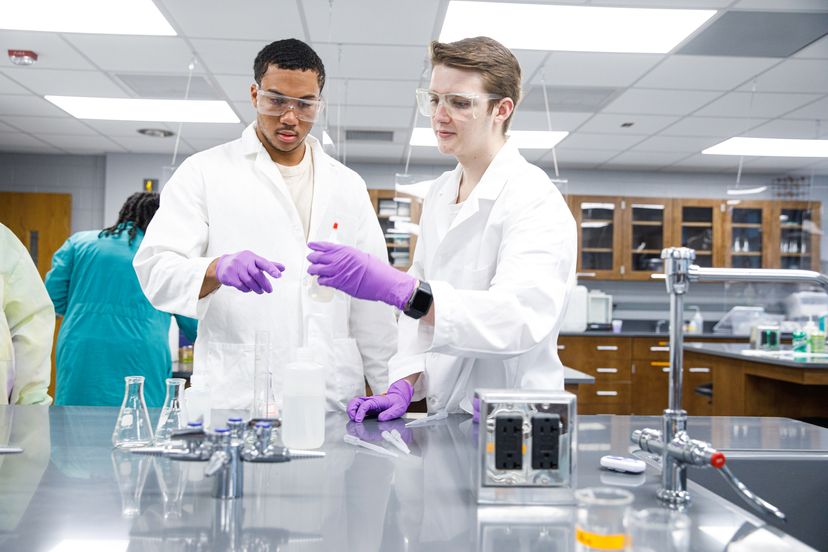
The entry requirements for medical schools in the UK can vary slightly depending on the institution. Here are some general guidelines:
Standard Entry Medicine
- GCSE Grades: Most UK medical schools require good GCSE grades in mathematics, science, and English.
- A-Levels: A combination of GCSEs, AS levels, and A-levels is typically expected.
- A-Level Subjects: Chemistry at A-level is a common requirement, and often A-level biology is also preferred.
- International Baccalaureate (IB): For IB students, around 34 points are usually required.
- English Language Proficiency: An IELTS score of 7.5 overall, with no component lower than 7.0, is often necessary.
Graduate Entry Medicine
Graduate Entry Medicine is for people who already have a degree and want to become doctors. It’s faster than the usual way—it takes about 4 years instead of 5 or 6. If you have a degree in certain subjects or you’re a healthcare worker, you can apply. In this program, you learn about medicine by working closely with patients in hospitals.
You’ll learn from top doctors and scientists at King’s College London and other great hospitals. You can also study subjects like humanities and social sciences. You might even get to do some of your studies in other countries! After finishing the program, you can become a doctor in the UK.
How does the application process work for UK medical schools?
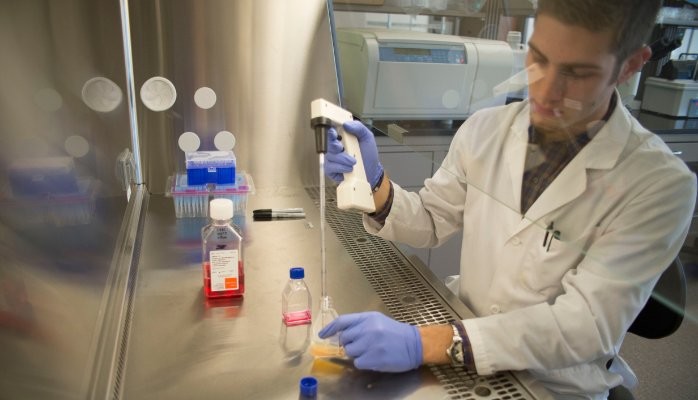
If you’re considering applying to medical schools in the UK, there are several important steps to navigate. Let’s break down the process:
Prerequisites and Subjects
For students from England, Wales, and Northern Ireland, all UK medical schools typically require:
- Good GCSE grades in maths, science, and English.
- A combination of GCSEs, AS levels, and A-levels.
- Chemistry at A-level (often A-level biology as well).
- Another science subject (e.g., physics or mathematics).
- An arts subject (like history or a modern language) is usually accepted as a third A-level.
Students with mainly non-science A-levels may need to complete a foundation course, adding a year to the standard five-year undergraduate program.
Applicants with other qualifications (e.g., international baccalaureate) should check with individual medical schools or UCAS for equivalent entry requirements.
Research and Choosing Schools
- Research different medical schools to find the right fit for you.
- Attend university open days and visit campuses to get a sense of the environment.
- Consider related courses (e.g., biomedical science) as backup options, especially if they have lower grade requirements.
Writing Your Personal Statement
Take your time crafting a thoughtful personal statement. Highlight not only your grades but also your personal achievements, interests, hobbies, and social involvement. Medical schools want to know about you as a whole person.
Work Experience in a Caring Role
Gain experience in a caring role, whether through volunteering or paid employment. Look up local hospitals or nursing homes for placement opportunities.
Most UK medical schools use the UCAT (formerly UKCAT). Register and take the UCAT before submitting your UCAS application.
What special programs are available?
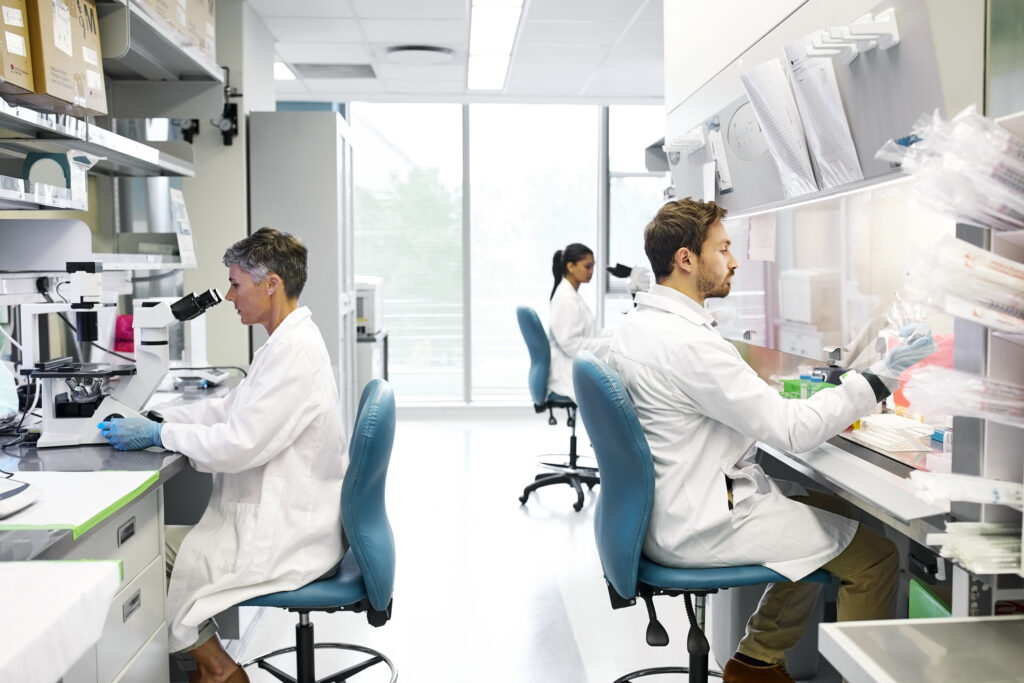
The United Kingdom boasts some of the world’s top universities for medicine, including renowned institutions like the University of Oxford, University of Cambridge, University College London (UCL), and Imperial College London.
These universities are known for their world-class facilities and cutting-edge hospitals, making the UK a premier destination for both medical education and medical tourism.
However, if you’re looking for more budget-friendly options, there are several affordable medical schools in the UK that offer excellent infrastructure and high-quality curricula. Let’s explore some of them:
Nottingham School of Medicine
- Nottingham School of Medicine, part of the University of Nottingham, is a leading institution in the UK.
- It encompasses diverse medical and surgical disciplines.
- The school prioritizes excellence, engages in world-leading research, and addresses global healthcare issues.
- Specialized facilities across the university’s campuses, including the main hub, Queen’s Medical Centre, offer state-of-the-art resources for education and research.
- Suggested course: Medicine BMedSci and BMBS
- Entry requirements: IB score of 36 (6, 6, 6 at Higher Level including Biology and Chemistry, excluding core component).
- International fee: £28,70012.
Lincoln Medical School
- Lincoln Medical School is a collaboration between the University of Lincoln and the University of Nottingham.
- It infuses a unique Lincolnshire flavor into its curriculum.
- The state-of-the-art Ross Lucas Medical Sciences Building provides modern lecture theaters, laboratories, clinical skills suites, and more.
- Established in 2018 to address regional doctor shortages, the school offers a five-year BMBS Medicine degree.
- Entry requirements: IB score of 35 (6, 6, 5 at Higher Level, including 6 in either biology or chemistry, excluding core component) with GCSE requirements (or equivalent).
Swansea University Medical School
While not explicitly mentioned in the previous results, Swansea University is known for its medical programs and affordability.
It’s worth exploring their offerings and entry requirements.
How much does it cost to study medicine in the UK for international students?
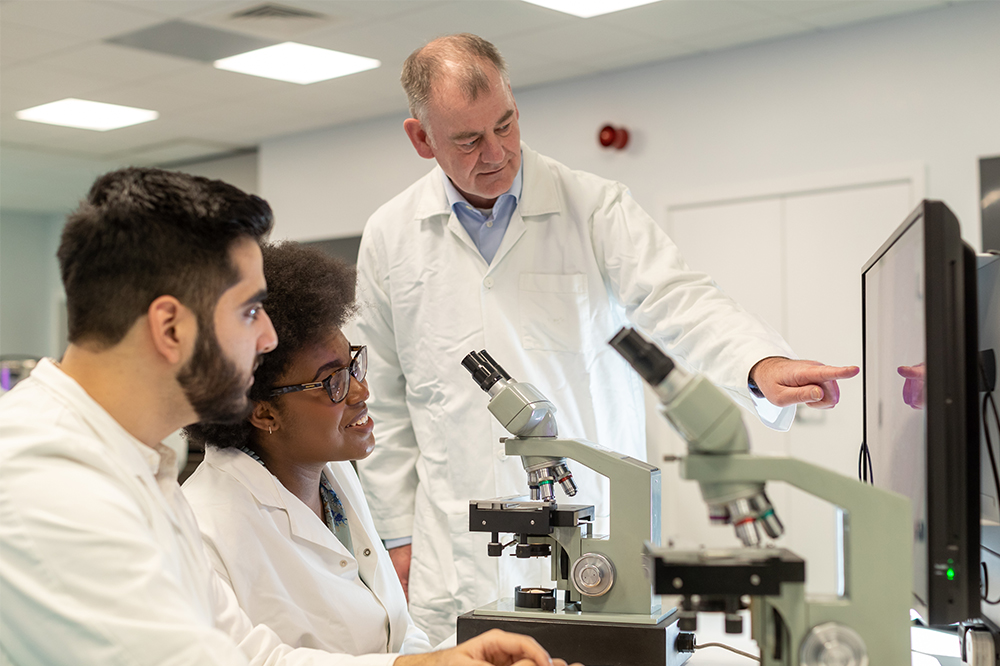
For international students aiming to study medicine in the UK, the cost can vary widely, with an average of £38,000 per year at some medical schools. At Leicester Medical School, for instance, students from non-EU countries can expect to pay £23,000 per year for the first two years, increasing to over £40,000 for the subsequent years.
However, there are more affordable options available beyond the renowned universities like Oxford and Cambridge. Consider exploring institutions such as Nottingham School of Medicine, Lincoln Medical School, and Swansea University Medical School. It’s important to note that fees for EU students are still uncertain due to Brexit.
In addition to tuition fees, students should also budget for other expenses like textbooks, equipment, accommodation, food, and travel. Financial support options include tuition fee loans, university scholarships and bursaries, NHS bursaries, maintenance loans for living costs, as well as private scholarships and bursaries.
What are the visa requirements?
The visa requirements for international students planning to study medicine in the UK are essential to understand. Here’s a concise overview:
Student Visa (Tier 4)
Most international students will need a Tier 4 (General) Student Visa.
Requirements include:
- An offer of acceptance from a recognized UK educational institution.
- Proof of sufficient funds to cover tuition fees and living expenses.
- English language proficiency (usually demonstrated through IELTS or other approved tests).
- Healthcare surcharge payment (to access the NHS).
- Confirmation of Acceptance for Studies (CAS) from your university.
You can apply for this visa up to three months before your course starts.
The visa allows you to stay in the UK for the duration of your studies and a short period afterward.
After completing your studies, you may be eligible for the Graduate Route visa, allowing you to work or seek employment in the UK for up to two years.
Financial Requirements
You’ll need to prove that you have enough money to cover your tuition fees and living costs. The amount varies depending on the location and duration of your course.
Check the specific financial requirements on the UK government’s official website.
Healthcare Surcharge
As part of the visa application process, you’ll need to pay the healthcare surcharge. This allows you to access the National Health Service (NHS) during your stay.
The amount depends on the length of your course and whether you’re bringing family members with you.
English Language Proficiency
You’ll need to demonstrate your English language skills through an approved test (e.g., IELTS). Different universities may have specific requirements, so check with your chosen institution.
CAS (Confirmation of Acceptance for Studies)
- Your university will provide you with a CAS.
- It contains information about your course and confirms your eligibility for a Tier 4 visa.
- You’ll need the CAS when applying for your visa.
Other Considerations
- Dependents: If you plan to bring family members, they can apply for a Tier 4 (General) Dependent Visa.
- Work Restrictions: While studying, you can work part-time during term and full-time during vacations.
Which UK medical schools are popular among international students?
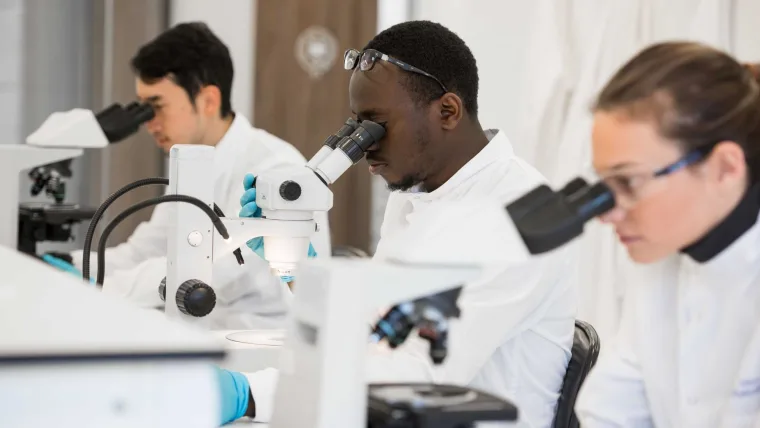
Several UK medical schools are popular among international students for their reputation, quality of education, and opportunities they offer. Some of the top choices include:
- University of Oxford Medical School
- University of Cambridge School of Clinical Medicine
- University College London (UCL) Medical School
- Imperial College London Faculty of Medicine
- King’s College London School of Medicine
- University of Edinburgh Medical School
- University of Glasgow School of Medicine
- University of Manchester Faculty of Biology, Medicine and Health
- University of Birmingham Medical School
- University of Bristol Medical School
These schools attract international students due to their world-class faculty, research opportunities, clinical training, and prestige in the medical field. Additionally, they often have support systems in place to assist international students with adapting to the UK education system and life in the country.
Final Words
Studying medicine in the UK can be awesome for students from other countries. We talked about what you need to get in, how to apply, and special programs that can help. Remember to think about money and visas too. Big schools like Oxford and Cambridge are cool, but there are other good ones too. Check their websites and ask questions if you need help. Good luck with your medical dreams in the UK!
